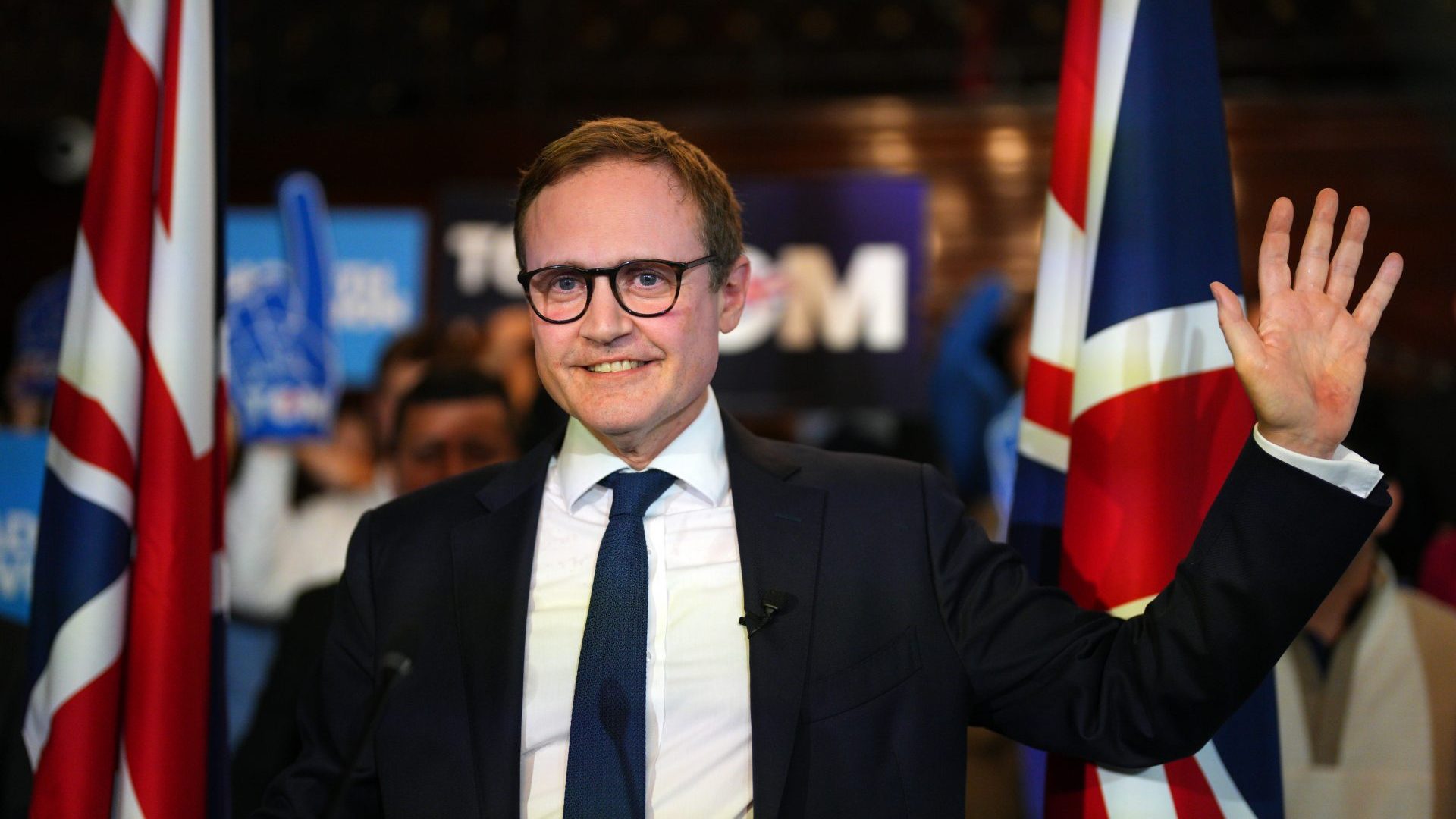On Wednesday, the Conservatives officially start voting in their leadership election. Six candidates will be whittled down to four by the party’s MPs, who have recently been whittled down themselves by the electorate. The less-than-fab four will then go on to try to impress an audience of sleepy white pensioners at their conference in Birmingham at the end of September, before the next captain of this political Titanic is announced to great apathy in early November.
When the choice is between six politicians whom would have struggled to make it into anything above a junior ministerial role in any government pre-2010, it is rather difficult to declare anyone the best of the bunch. So, I have decided to go for the least worst candidate.
Let’s start with the two female candidates, and the first thing to note is that both of them have long been accused of bullying and worse.
Kemi Badenoch was such a bad leader at the Department of Business and Trade that the atmosphere there was described as positively toxic. This, of course, has not stopped her from being favourite to win. Such behaviour is now seen as anti-snowflake and therefore almost as a badge of honour in the crazy world of the modern Tory Party.
Positioned firmly on the ideological far right of the party, she is sucking up the votes of those MPs who believe she will be unstoppable should she make it through to a vote of the members, who are far to the right of even Kemi.
Priti Patel went one better and had bullying allegations about her behaviour at the Home Office and other departments upheld, but then-PM Boris Johnson efused to fire “the Pritster” and the government’s chief advisor on the ministerial code resigned in disgust instead. Ms Patel had already been forced out of ministerial office once already, made to resign as Theresa May’s secretary of state for international development, because she had been holding unauthorised meetings with the Israeli government.
She did sign the Rwanda scheme on behalf of the government, but does not speak about it with the dewy-eyed enthusiasm that her successor Suella Braverman – too extreme even for this contest! – does, and has been making noises about appealing to voters in the centre. That alone means she will be regarded as a traitor by many on the right.
Robert Jenrick, once Braverman’s deputy, resigned as a minister because the Rwandan Scheme was not being implemented. That will do him no harm with the members, and nor will ordering officials to paint over cartoon characters at an asylum centre for children. Jenrick, who has lost a lot of weight as he has moved to the party’s far right but still carries some baggage from his days as a centrist, is now a latter-day Alan B’stard. And the Tories love B’stards.
Which brings us to Mel Stride, a man who wouldn’t leave much of an impression on a cushion, although he is honest. He old ConservativeHome just this week, “I think there’s some profile-raising to be done.” He almost certainly entered this contest to raise his profile sufficiently to get a better shadow role rather than entering it with realistic designs on winning.
James Cleverly has much more of a profile, having been Tory chairman and both foreign and home secretary. He is standing as the “unity” candidate, which means all the other candidates will unite in ganging up on him. He obviously seems himself as an elder statesman of the Tory party, a bit like Harold Macmillan, although SI don’t remember SuperMac joking about “spiking” his wife’s drink.
Which leaves us with Tom Tugendhat, the only candidate who could get away with calling himself a One Nation Tory. He has, as a result, spent much of the campaign for leader trying to be as nasty as possible in order to try to convince the right wing he is not some kind of communist.
Firm on security and a critic of Boris Johnson, Tugendhat is probably the best last hope of the Tory party, which almost certainly means he is doomed.
I would endorse him, but he has enough problems already.










